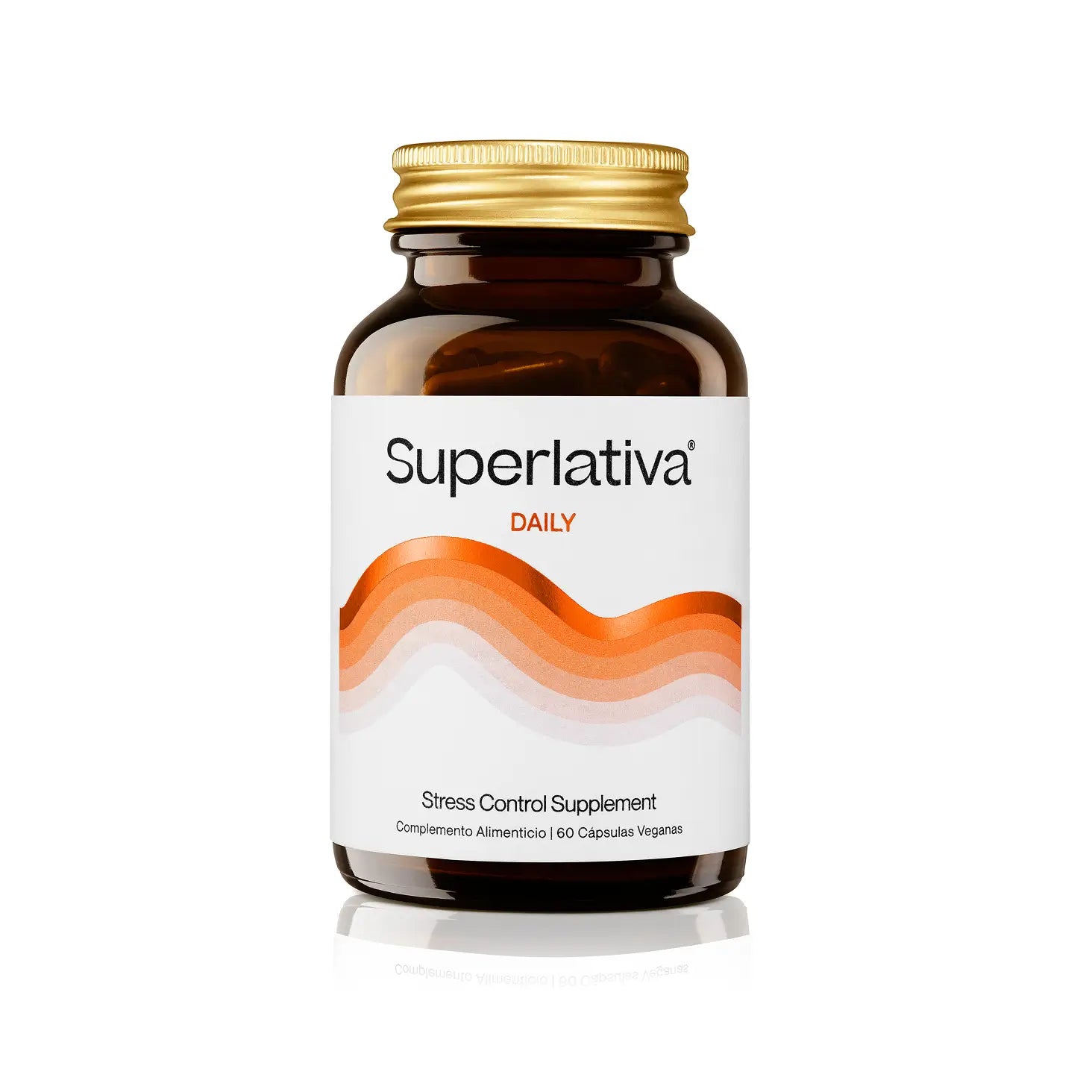Cinnamon has long been valued not only for its exquisite aroma and flavor, but also for its medicinal properties. This versatile spice has found its place not only in the cuisines of diverse cultures but also in traditional medicine around the world. In this article, we delve into the fascinating world of cinnamon's digestive medicinal effects, an area of research that has begun to uncover all of this spice's beneficial properties.
Properties of cinnamon
The presence of various essential oils in different parts of the cinnamon plant gives it its physicochemical properties, which encourage its use as a powerful antibacterial, antioxidant, and anti-inflammatory.
It acts as an anti-inflammatory, as it contains flavonoids that increase the body's response to inflammation. It also acts as an antioxidant, thanks to its ability to inhibit fatty acid oxidation. For this reason, its role as a potential anticancer agent (specifically in colon cancer) has also been studied and evaluated.
Cinnamon is also a great ally for those suffering from diabetes. It can serve as an alternative sweetener; in turn, the polyphenols it contains reduce blood glucose levels. Those who suffer from Metabolic Syndrome or simply want to lose weight can benefit from cinnamon to control the insulin spikes that trigger cravings for sweets or food in general.
Benefits of cinnamon
The health benefits of cinnamon are related to the large amount of essential oils present in different concentrations throughout all parts of this plant (leaf, bark, root and stem):
Below we present the 7 benefits of cinnamon.
- It promotes less heavy digestions.
- By reducing oxidative stress, the risk of disease is reduced.
- Supports the intestinal microbiota.
- Helps regulate metabolism and reduce cravings.
- It is an ally to fight infections.
- Reduces blood pressure in hypertensive patients.
- Relieves intestinal problems such as flatulence, mild diarrhea, or abdominal distension.
Cinnamon for the digestive system
The intestinal mucosa, which represents 20-25% of the weight of the small intestine, is responsible for the final stage of digestion and nutrient absorption. This mucosa acts as a protective barrier between ingested food and its absorption by the body. The use of cinnamon promotes the regeneration and permeability of the intestinal mucosa, thereby reducing inflammatory responses and cellular oxidative stress, which improves digestion.
Cinnamon contains a large amount of essential oils that have carminative (help eliminate gas) and antispasmodic properties. It also stimulates the digestive system, facilitating smoother and faster gastric emptying. If you frequently experience bloating after meals or abdominal discomfort, this could be due to a hypersensitivity in your digestive system and difficulty digesting certain foods due to low enzyme activity in your intestinal mucosa. Regular and moderate use of cinnamon can help repair your digestive system and address problems such as diarrhea, constipation, flatulence, bloating, abdominal spasms, and reflux, among others.
Cinnamon and its anti-inflammatory effect
When we eat, our body responds with immediate inflammation due to the digestive system's nutrient synthesis process. This inflammation can be more intense in some cases. The polyphenols present in cinnamon act on the intestinal epithelial tissue, reducing this immediate inflammatory response and, therefore, decreasing the feeling of abdominal and overall body bloating.
Cinnamon and metabolism
In addition to its digestive benefits, cinnamon has been the subject of numerous studies due to its impact on metabolism. Regular consumption of this spice has been shown to have a positive effect on the regulation and proper functioning of metabolism. Cinnamon acts on both glucose and lipid metabolism.
If you struggle to control cravings or accumulate fat without being able to lose it, cinnamon can be your ally. It regulates glucose and lipid levels, helping to control food cravings. It also contributes to the proper functioning of lipid metabolism, which can prevent obesity and high cholesterol.
Cinnamon and diabetes
Diabetes, metabolic syndrome, and prediabetes are increasingly common conditions in today's society. These conditions develop when the pancreas doesn't produce enough insulin or when the body can't use insulin effectively. Failure to address this metabolic dysregulation can lead to significant complications.
Cinnamon increases the sensitivity of insulin receptors and regulates enzymes involved in carbohydrate metabolism, glycolysis, and gluconeogenesis. This is particularly beneficial for people with diabetes who have a compromised metabolism due to dysregulated activity of these enzymes.
In addition, cinnamon can influence blood pressure, reducing systolic and diastolic pressure, which helps control this common cardiovascular risk factor in patients with diabetes.
How to incorporate cinnamon into your routine
There are several ways to include cinnamon in your diet to take advantage of all its benefits. You can find dietary supplements that contain cinnamon along with other ingredients, such as DIGEST ON.
Additionally, ground or stick cinnamon can be used to flavor your recipes and as a natural sweetener. You can add a little cinnamon to your coffee or plain yogurt to enjoy its flavor and benefits.
Cinnamon sticks can also be infused to raise body temperature on cold days and provide comfort.






